Two major events, opening and closing 2023: the Press Economic Forum and the National Press Conference, both focused on the story of press revenue sources, showing how difficult and thorny the economic problem has become for press agencies at this point. On the threshold of 100 years, the Vietnamese press is forced to transform strongly to adapt to the new media context, but it is also not an easy transformation, especially in the context of making a living...
1. If asked what is currently the biggest concern of newsrooms, the most common answer is certainly nothing other than the story of the economy and revenue.
Currently, the country has 6 main multimedia press agencies; 127 newspapers, 673 magazines; 72 radio and television agencies.
Different in type but similar in the situation of declining revenue, especially TV stations and press agencies that are completely financially autonomous.
In fact, this difficulty has been starting for many years. Through a survey of data from 159 print and electronic press agencies (81 newspapers, 78 magazines), in the 2 years of the pandemic, total revenue decreased, of which, total revenue of the newspaper sector in 2021 decreased by 30.6% compared to 2020 (in 2020 it was 2,855 billion VND, in 2021 it was 1,952 billion VND); total revenue of the magazine sector from 307 billion VND in 2019 decreased to 259 billion VND in 2020 and continued to decrease sharply in 2021 to only 170 billion VND. Revenue of Radio and Television in 2021 also decreased by 10% compared to 2020.
In 2022, and especially in 2023, when growth declined, businesses increasingly fell into a spiral of difficulties, advertising revenue of press agencies decreased almost vertically. Deputy Minister of Information and Communications Nguyen Thanh Lam had to exclaim at the 2023 Press Economy Forum (Quy Nhon, Binh Dinh, February 2023): the press economy is now a daily concern.

2. And if asked what else has made journalists the most worried in 2023, the answer is none other than the story of declining professional ethics, the increasing number of reporters and journalists violating professional ethics and the law. The recent noisy case of the Criminal Police Force, Ha Tinh Police prosecuting 3 subjects for the crime of "Taking advantage of influence over people with positions and powers for personal gain", led by Le Danh Tao, born in 1966, is just the latest in a series of cases of journalists and collaborators at newspapers and magazines being prosecuted for similar crimes in 2023.
According to the latest statistics of the Inspection Committee of the Vietnam Journalists Association, there have been 90 cases of violations by journalists, members, and reporters. Of these, 75 cases violated the law and 10 Articles of professional ethics for Vietnamese journalists. The Council for Handling Violations of Professional Ethics for Journalists at the Central, local, and unit levels has reviewed and handled more than 30 cases of violations of the regulations on professional ethics for Vietnamese journalists, from criticism and warning to expulsion and revocation of membership cards.
Among them, journalists and reporters often commit violations of property extortion. Experts say these are heartbreaking numbers, but these numbers do not fully reflect the "dark corners" of current press activities, such as stories of law violations, copyright infringement; plagiarism; taking advantage of the profession, threatening businesses for personal gain, accepting bribes...
That reality is making journalists themselves ponder, while the press public and public opinion are extremely concerned, worried, and even losing trust in the press.
Faced with this painful reality of Vietnamese journalism, a haunting question has been raised: is it economic pressure that causes journalists to fall?
Discussing this, Mr. Nguyen Duc Loi - Permanent Vice President of the Vietnam Journalists Association, Chairman of the Council for Handling Violations of Professional Ethics of the Vietnam Journalists Association, commented that currently, due to the autonomy mechanism, many editorial offices assign economic and media quotas to reporters, leading to pressure on jobs and income, making writers easily fall into a trap. Sometimes, reporters aim to have economic contracts rather than focusing on the quality of their articles. A phenomenon arising from the exploitation of the autonomy mechanism is the situation where reporters of specialized electronic magazines "break the rules" to write articles against negativity or PR for businesses, but in fact, it is to threaten and extort money, demand advertising or media contracts for personal gain or to submit them to the unit under the name of "supporting the editorial office". This phenomenon is called "newspaperization of magazines", which greatly affects the honor and reputation of genuine journalists, causing society to misunderstand the role of the press.
Associate Professor, Dr. Nguyen Thi Truong Giang - Deputy Director of the Academy of Journalism and Communication, also said that the difficulties caused by the market economy have caused each journalist to struggle with "bread and butter", and editorial offices have to worry about the press economy... On the one hand, they have to fulfill their obligations and responsibilities in the Press Economy, on the other hand, they have to fulfill the political tasks of the profession. Therefore, this is also a problem that needs to be resolved to create a mechanism to motivate, encourage, and protect the press to develop so that journalists can flourish and be creative, and press agencies can be liberated, focusing only on carrying out the extremely noble tasks and missions assigned by the people and society. That is the responsibility to the truth, to the public, to the People. That is the responsibility to the news, the responsibility to the issues of the times...
Dr. Nguyen Tri Thuc - Member of the Executive Committee and Head of the Special Topics and Magazines Department, Communist Magazine, affirmed that it is necessary to harmonize economic interests with the political tasks of press agencies in particular and the press in general. When the economic issues of journalism have not been resolved, and journalists have not been assured of their work and dedication, there are still many difficulties related to the process of preserving and nurturing professional ethics during the work process.
Obviously, the story of “needs make people take risks” cannot be justified, especially for those who are shouldering the sacred mission of transmitting information, but it cannot be completely denied that the pressure of “making ends meet” is one of the many causes of the decline in professional ethics of many journalists today.
3. We have been talking a lot about the mission of revolutionary journalists. Over the past 100 years, and the next 100 years, the Vietnamese press has been, is and will do its utmost to fulfill its noble mission, which is to continue to accompany the nation, always be the core force, play an important role on the ideological and cultural front; make great contributions to the Party's revolutionary cause, build and defend the Fatherland, both protect the Party's ideological foundation and create consensus in society, light up the flame of knowledge, contribute to fostering the will, revolutionary spirit and aspirations for prosperity and happiness of all classes of people...
Vietnamese journalism is Revolutionary journalism, Vietnamese journalists are revolutionary journalists, and must have the responsibility to fulfill that mission. Even though it is a very big mission and not easy at all.
The ancients have a saying: “Only with food can one uphold morality”, “Only with flour can one make paste”. To survive in a difficult economic context, in the requirement of financial autonomy, most press agencies now have to find their own solutions to the problem of revenue sources… That solution, in the current context, is very diverse, different from the conditions and resources of each press agency: some struggle to find “media contracts” from businesses, some find ways to compete for market share of listeners and viewers with social networking sites, some find ways to collect access fees… through returning to high-quality press works, returning to core values to increase competitiveness, attracting readers back…
However, the economic downturn, businesses facing difficulties are increasingly cutting down on advertising and communication costs; the collection of fees for electronic newspaper content has not achieved the expected results, there is still a lack of a mechanism for the State to order newspapers, the situation of copyright infringement has not been thoroughly resolved... All of these have caused the press economy to be more heavily impacted, press agencies are increasingly facing extremely difficult "double challenges". The problem of solving the press economy's difficulties has become so difficult that the efforts of the editorial offices themselves are not enough. It is time to need more support from the State...
Over the years, the authorities have made great efforts in creating mechanisms and policies for press economic activities. Currently, regular budget expenditure for the press accounts for about 0.5% of regular budget expenditure. However, there are currently many problems in the mechanisms and policies that need to be resolved.
Along with the Ministry of Information and Communications, recently, the Vietnam Journalists Association and a number of press agencies have also registered to work with the Ministry of Finance on the difficulties and problems they are facing. In general, the difficulties and problems are in the regulations on the financial autonomy mechanism of public service units in Decree 60/2021/ND-CP dated June 21, 2021, stipulating the financial autonomy mechanism of public service units (Decree 60). In addition, there are problems with the mechanism of assigning tasks, placing orders or bidding for production and provision of public services using the state budget in Decree 32/2019/ND-CP dated April 10, 2019 of the Government, stipulating the assignment of tasks, placing orders or bidding for the provision of public products and services using the state budget from regular expenditure sources (Decree 32); tax policies for press agencies, etc.
Reaching the 100-year milestone, the Vietnamese revolutionary press is preparing to continue on a new journey of development, with the requirement of being more sustainable and healthier... And to do that, in addition to the efforts of press agencies, removing the above difficulties and obstacles should also be done and should be done immediately.
Journalist Nguyen Uyen - Former Head of the Association's Working Committee - Vietnam Journalists Association - once reflected on the profession he pursued, saying: To be a journalist, one must have a profession, must have a beautiful heart to hope to bring good things to oneself, to people and society... Along with the heart is virtue. Virtue refers to the value and character of a person. Dao is the path, virtue is good character. Morality is a person with beauty in life and soul, in lifestyle and action.
Those are certainly the core values of journalism. But to return to those core values, I think, it also requires the resonance of many factors, many solutions, including the problem of journalism mechanism and economics. Journalists, like other workers, probably need to be guaranteed salary policies, royalties, insurance, business trip allowances, rewards, etc. to ensure their lives, to feel secure in their dedication and service. After all, food and clothing are no joke for anyone.
Nguyen Ha
Source


![[Photo] General Secretary To Lam holds talks with General Secretary and President of China Xi Jinping](https://vstatic.vietnam.vn/vietnam/resource/IMAGE/2025/4/14/b3d07714dc6b4831833b48e0385d75c1)
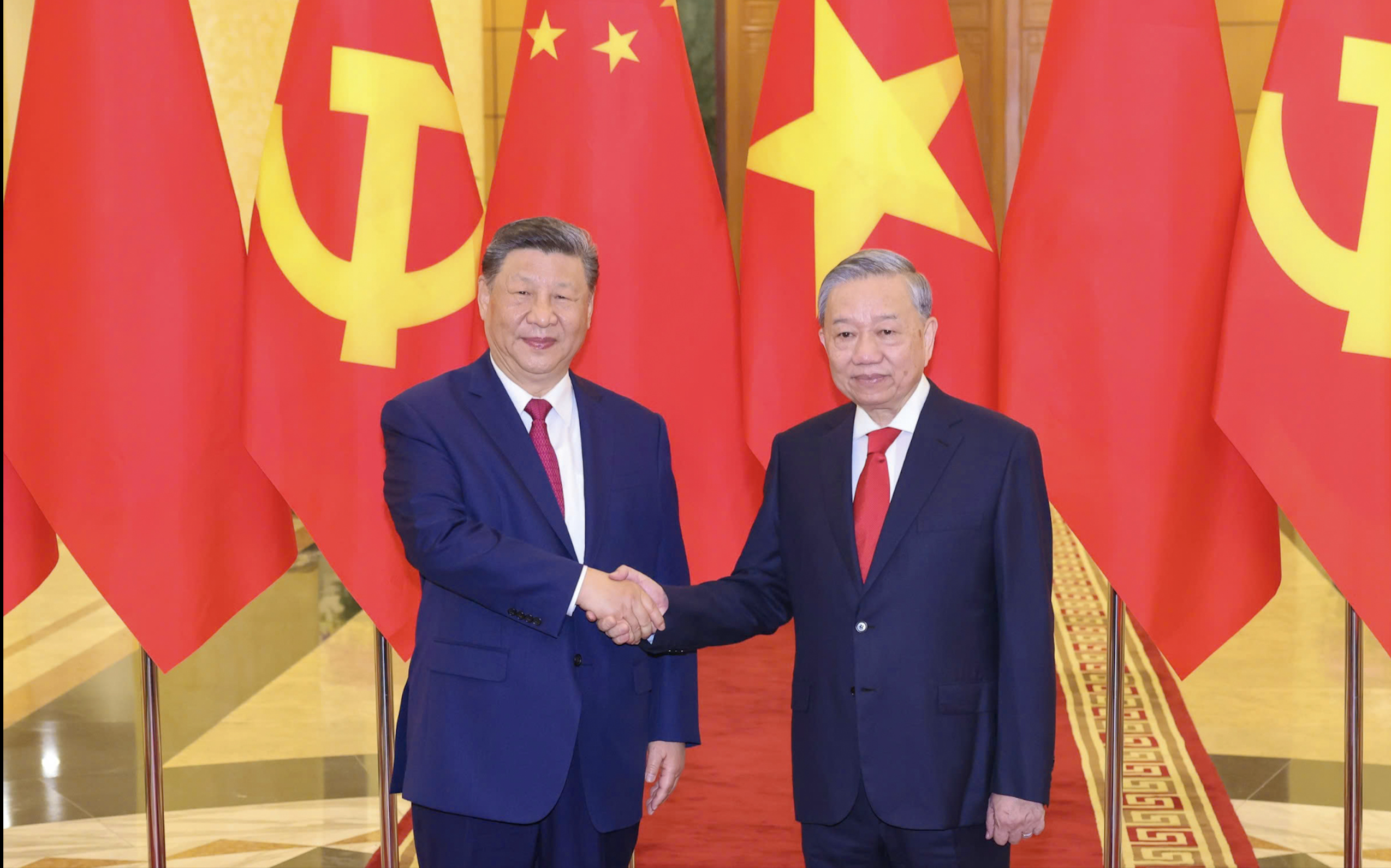
![[Photo] Reception to welcome General Secretary and President of China Xi Jinping](https://vstatic.vietnam.vn/vietnam/resource/IMAGE/2025/4/14/9afa04a20e6441ca971f6f6b0c904ec2)
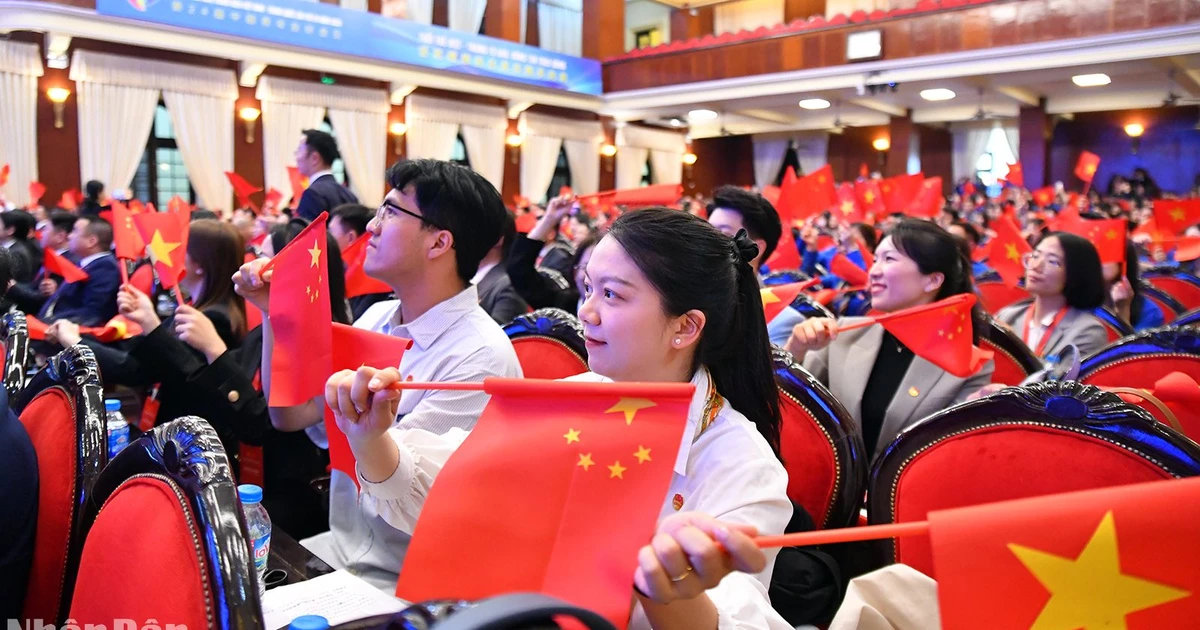
![[Photo] National Assembly Chairman Tran Thanh Man meets with General Secretary and President of China Xi Jinping](https://vstatic.vietnam.vn/vietnam/resource/IMAGE/2025/4/14/4e8fab54da744230b54598eff0070485)
![[Photo] Prime Minister Pham Minh Chinh meets with General Secretary and President of China Xi Jinping](https://vstatic.vietnam.vn/vietnam/resource/IMAGE/2025/4/14/893f1141468a49e29fb42607a670b174)
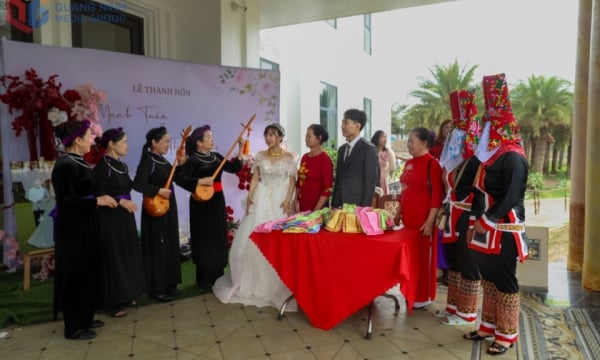



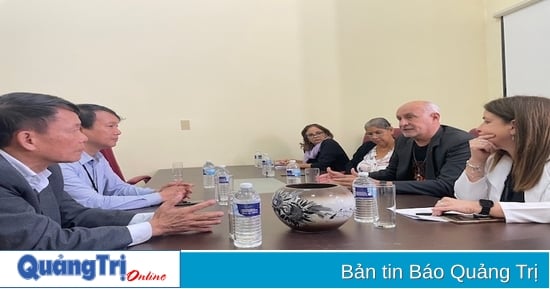

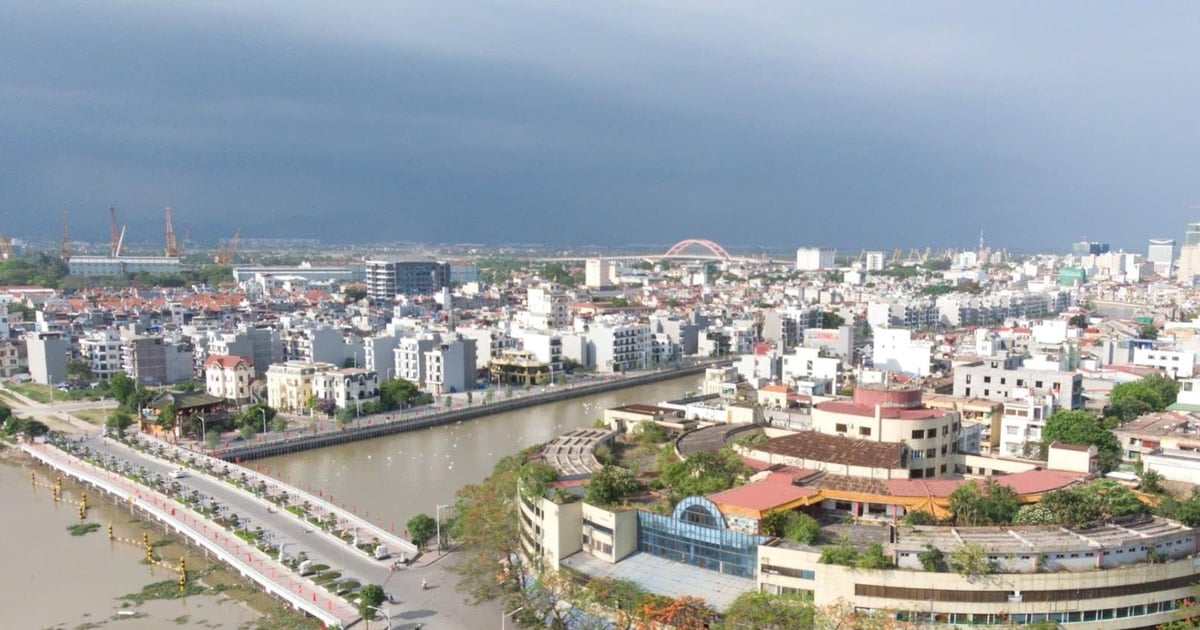
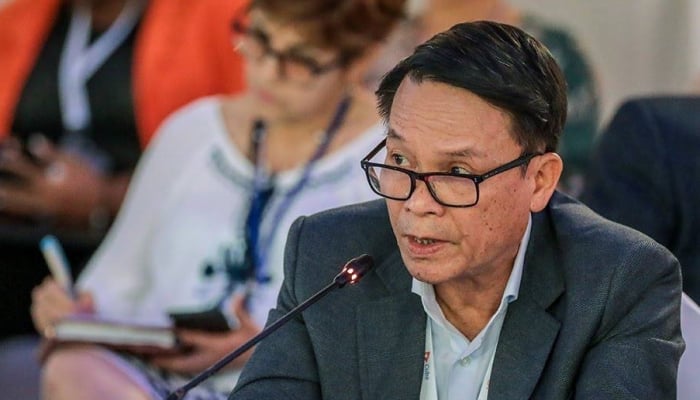
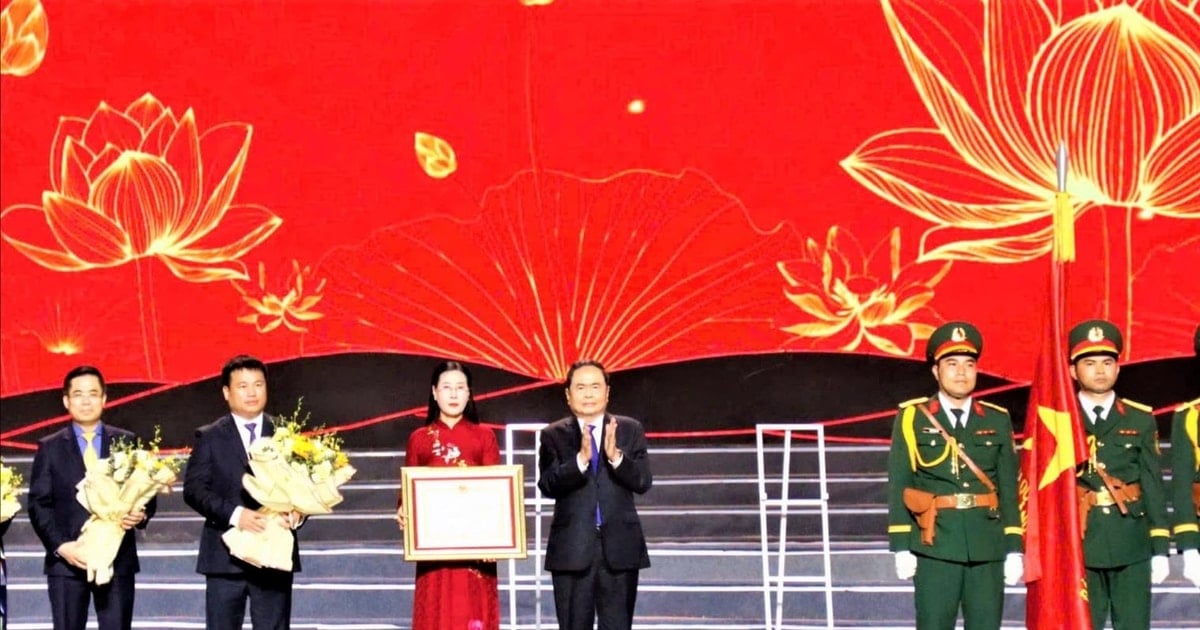
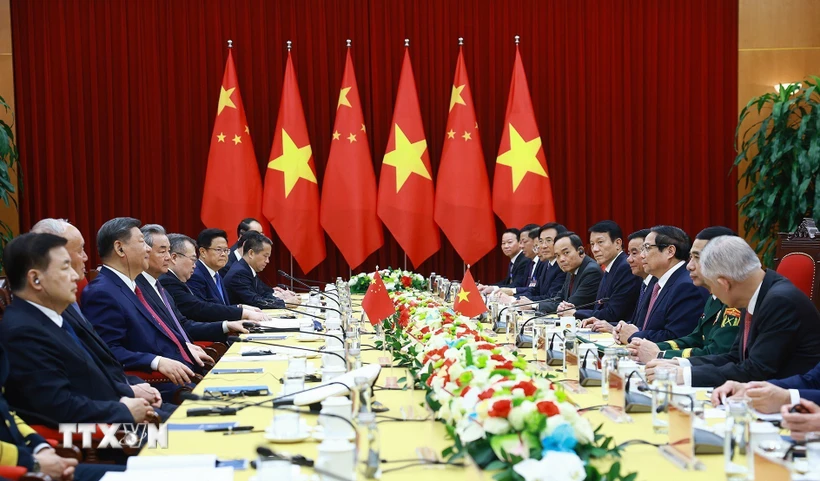
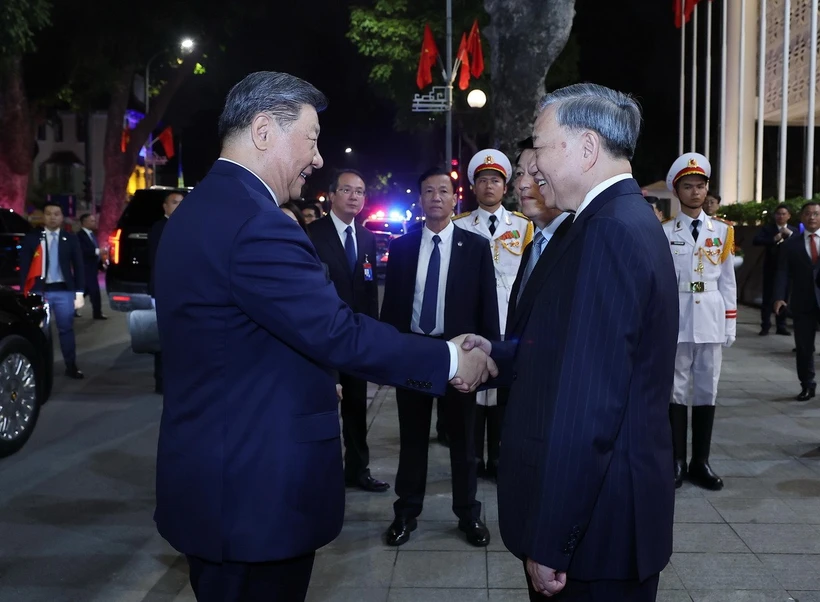
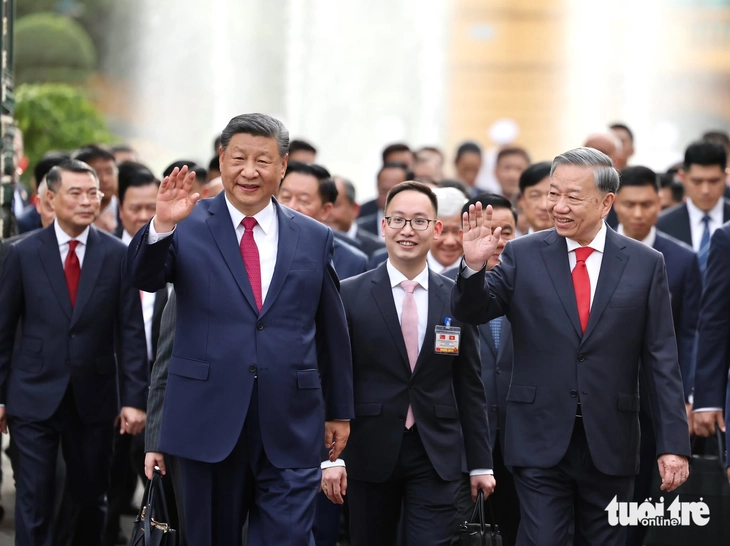
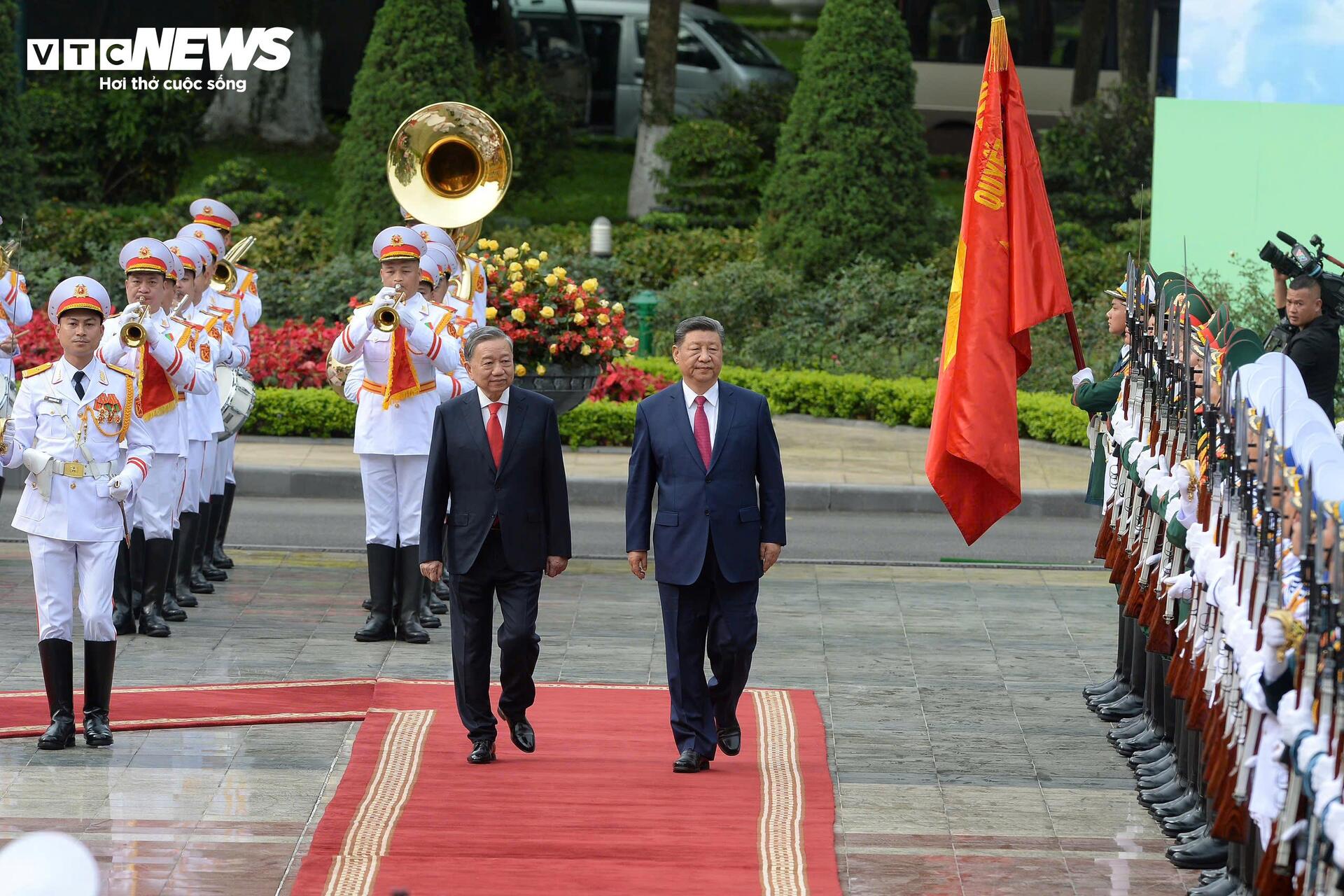
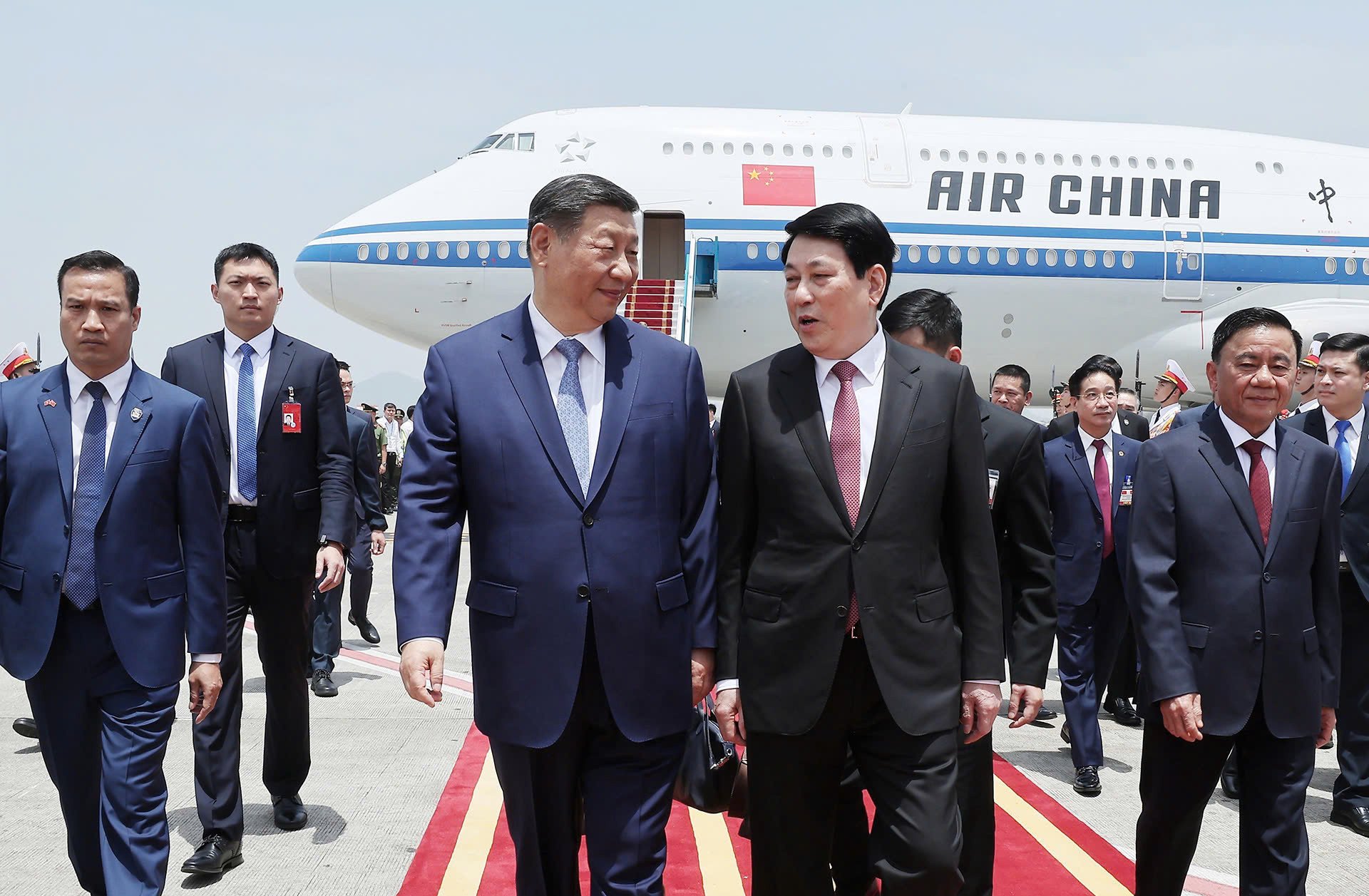
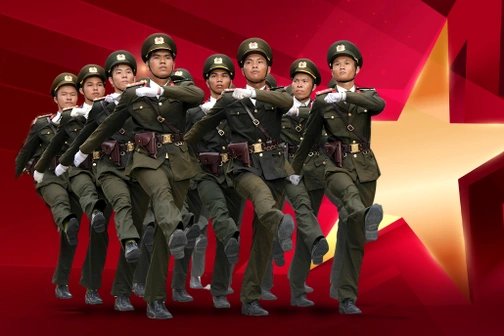



























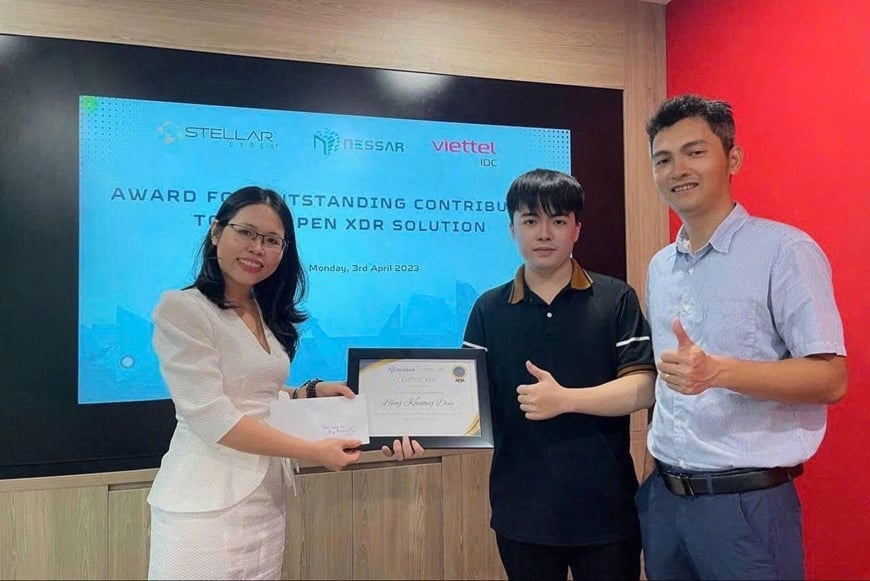












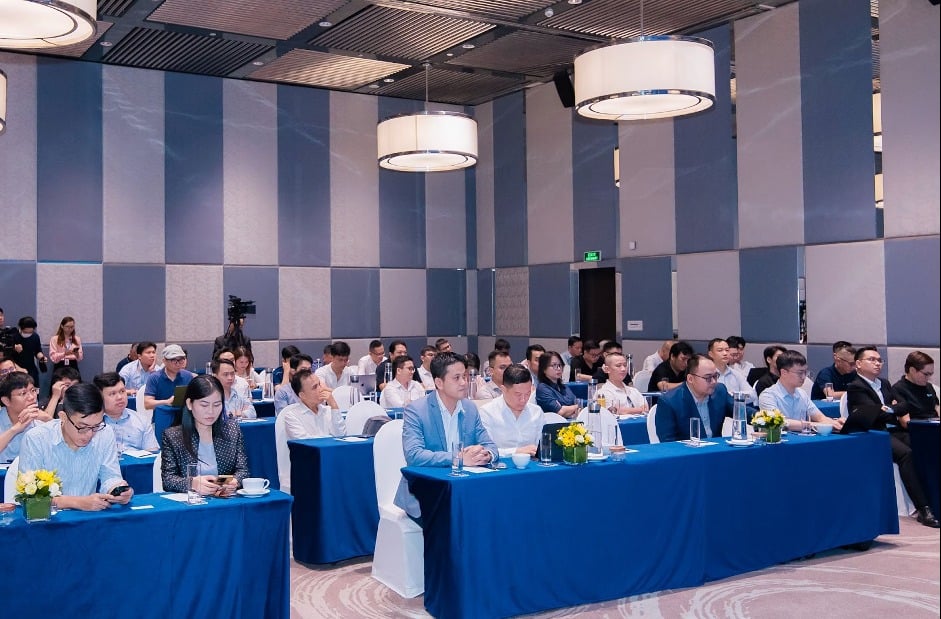
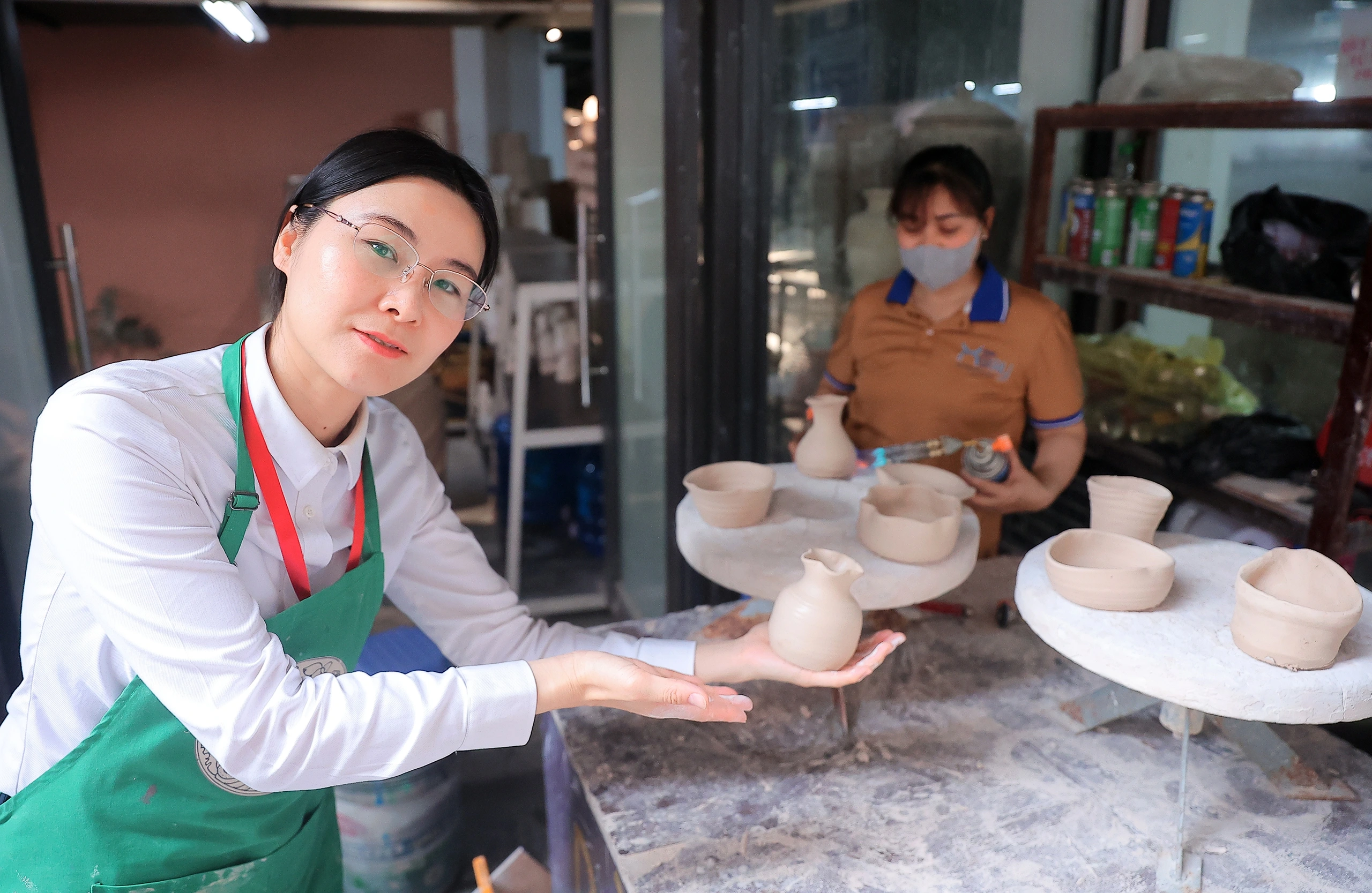

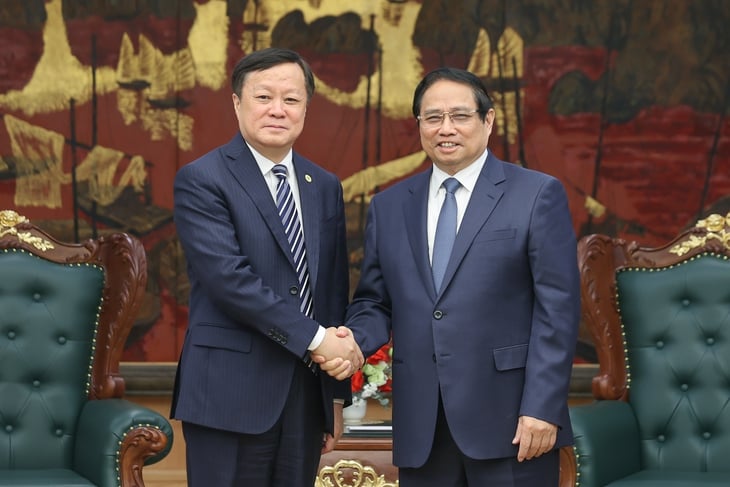
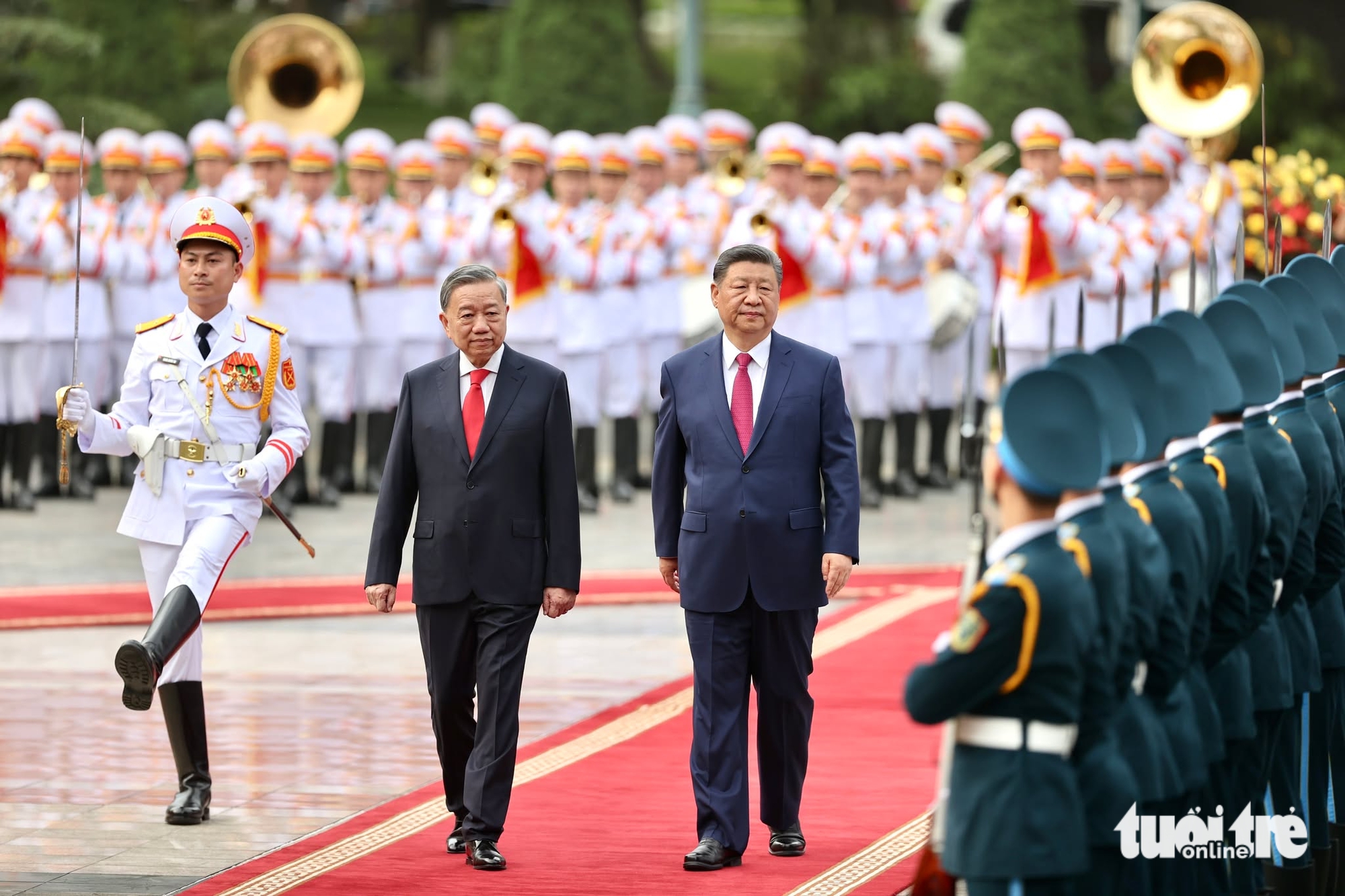
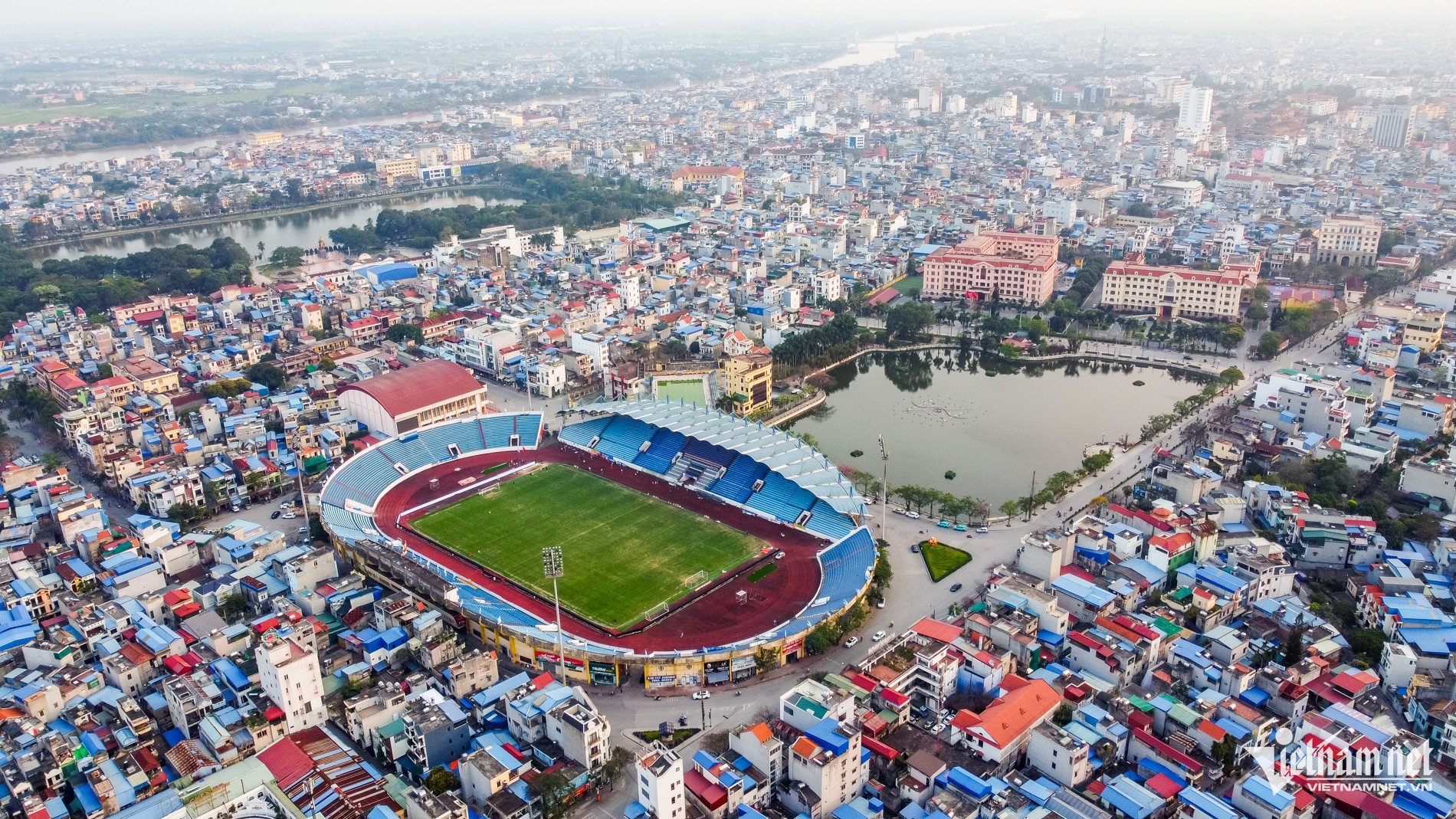
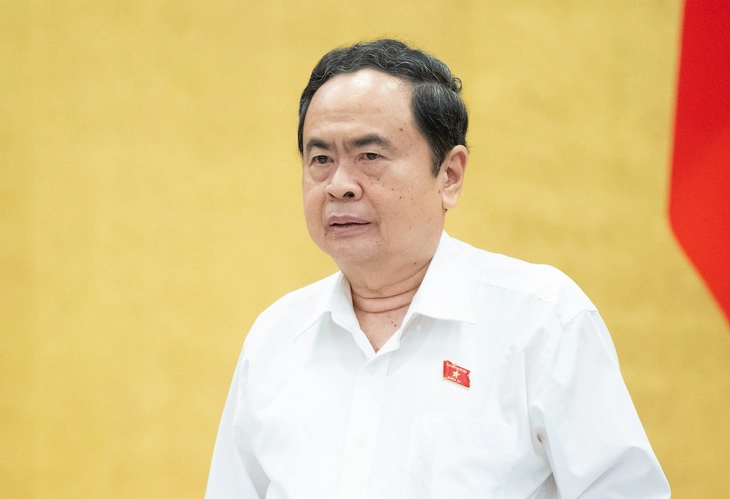



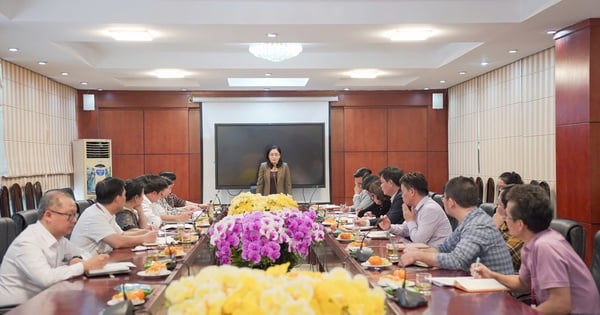
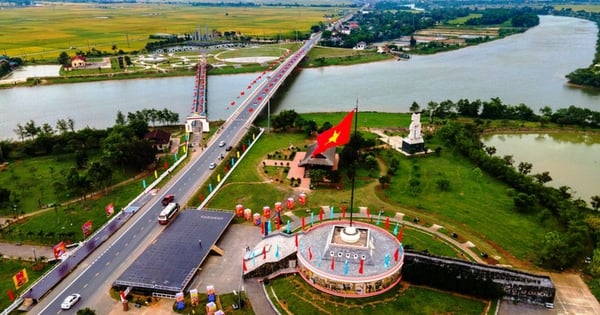
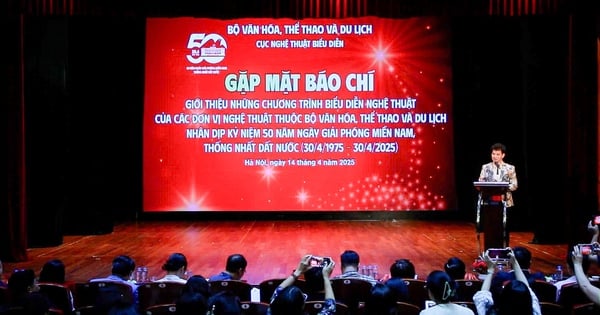
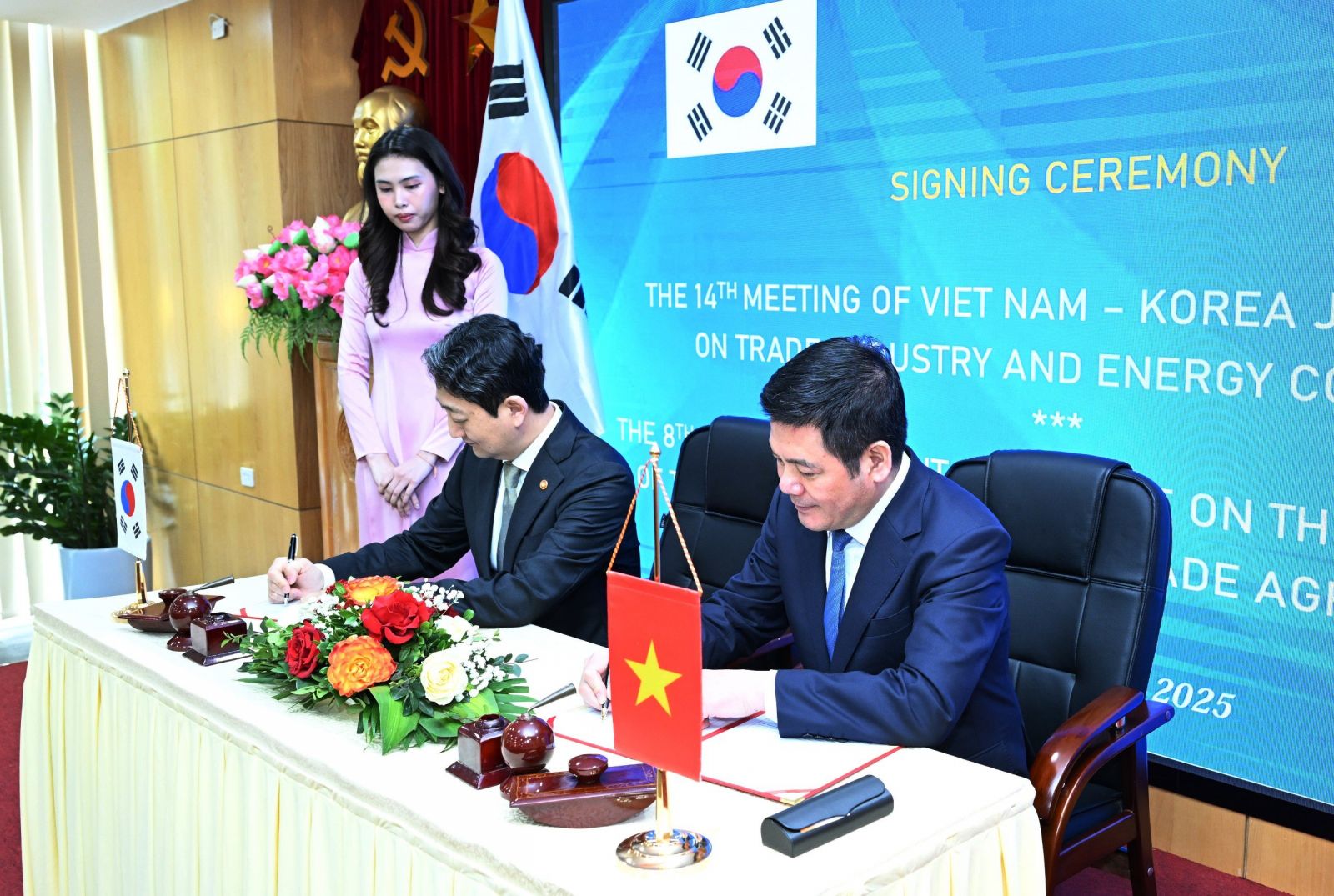

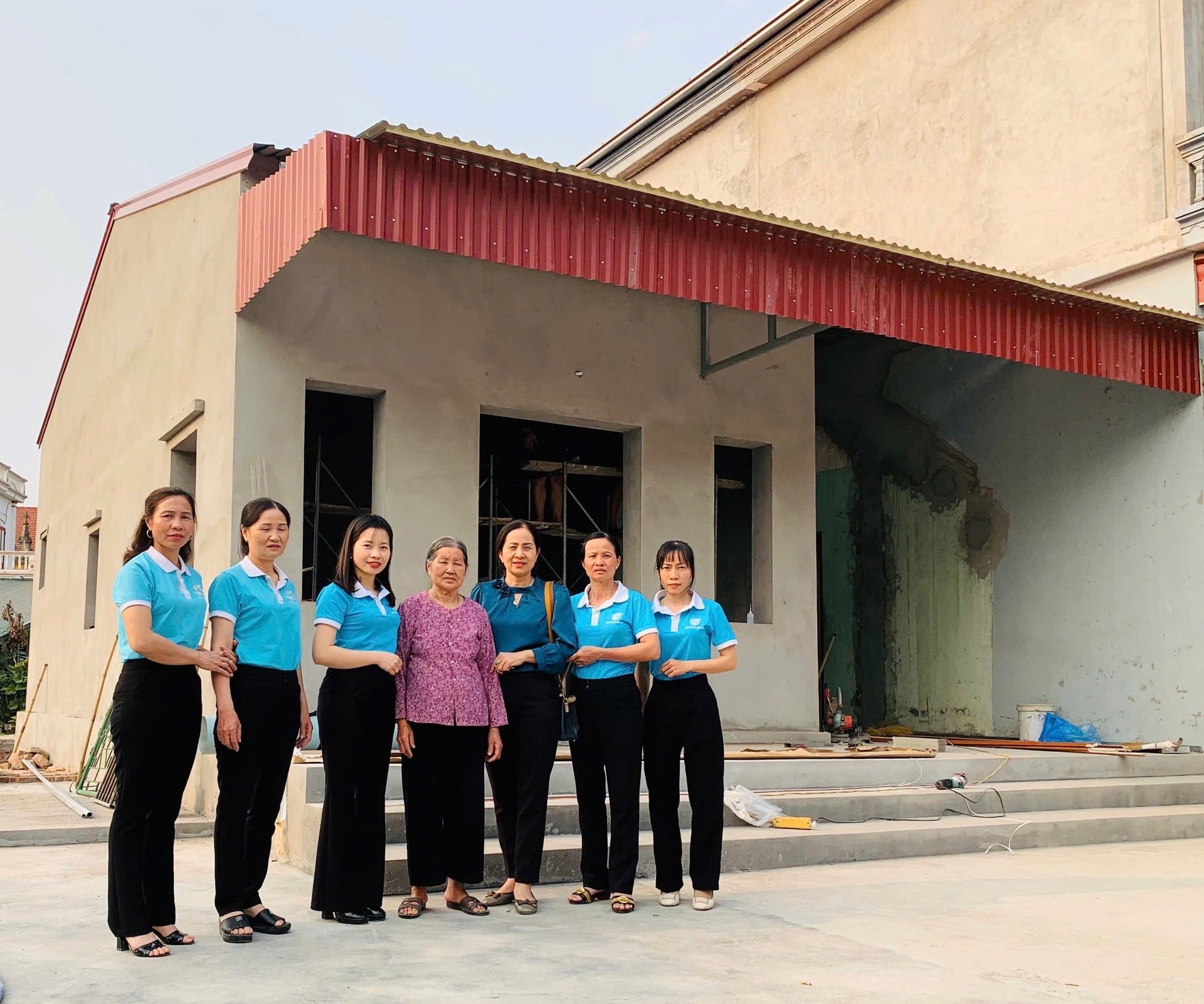





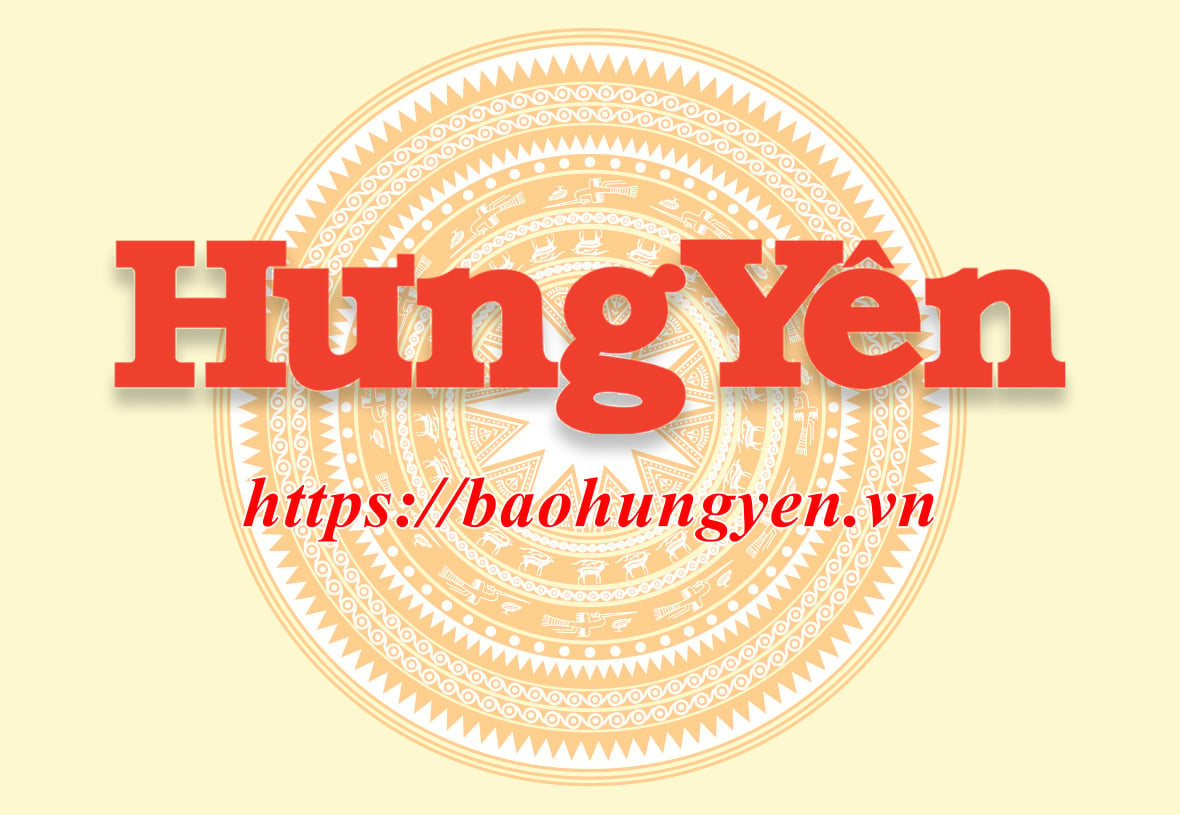


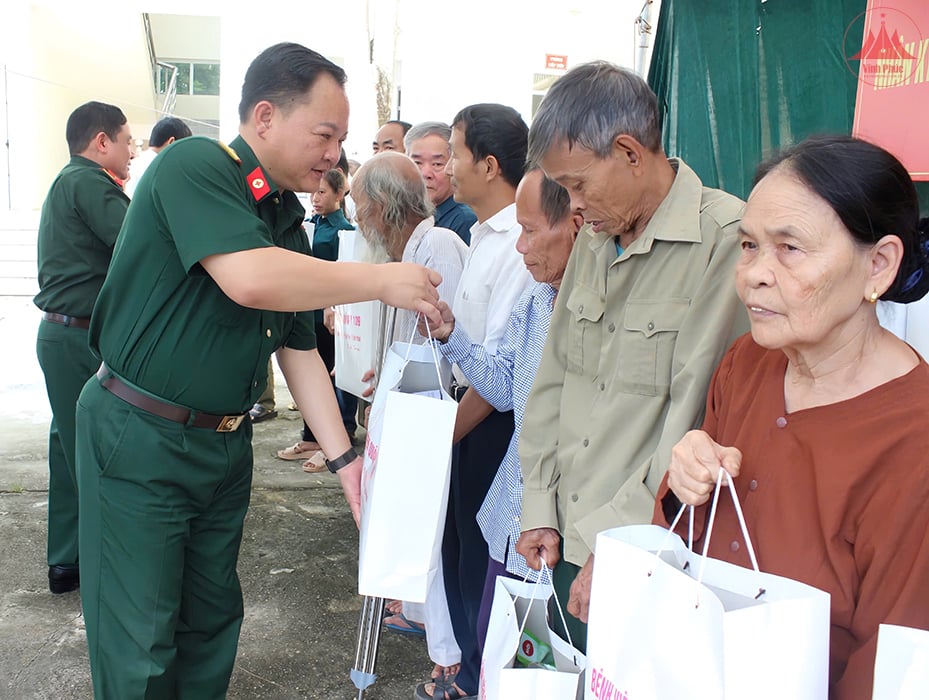










Comment (0)